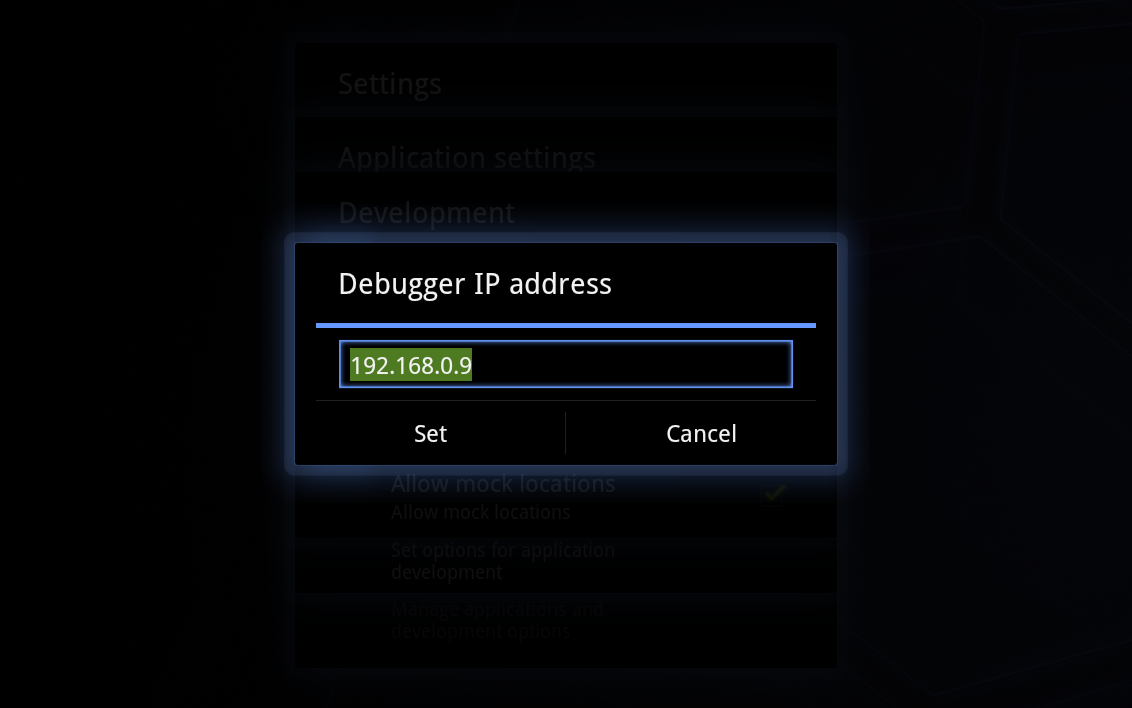

- Freebsd meminfo cpuinfo install#
- Freebsd meminfo cpuinfo archive#
- Freebsd meminfo cpuinfo free#
dpkg -i pkg_name - Installs from a deb package (Debian, Ubuntu, Mint.). Previously YUM was used, but recently YUM has been replaced by DNF. Freebsd meminfo cpuinfo install#
dnf install pkg_name - Installs package with dnf from repository. rpm -e pkg_name - Removes rpm package (CentOS, RHEL.). rpm -i pkg_program.rpm - Installs rpm package (CentOS, RHEL.). gzip newfile - Compress the newfile (it will have a. Freebsd meminfo cpuinfo archive#
tar -zcvf /var/log/ - Create archive from /var/log directory. tar -xf archive.tar - Unpack 'archive.tar' file. tar -cf archive.tar newfile - Create 'archive.tar' archive from 'newfile' file. find /etc/ -size +50000k - Find files larger than 50000k in the /etc directory. find /etc/ -name "searchargument" - Finds files with a name that starts with searchargument in the /etc directory. locate newfile - Shows all locations of newfile. grep -r searchargument newfolder - Searches recursively through all files in newfolder for searchargument. grep searchargument newfile - Searches for searchargument in newfile. stat -c "%U %G" newfile – displays the newfile user and group owners. chown newuser:newgroup newfolder - Changes owner and group-owner for newfolder directory to newuser and newgroup. chown newuser:newgroup newfile - Changes owner and group-owner for the newfile to newuser and newgroup. chown newuser newfile - Changes newfile’s owner to newuser. chmod 766 /root/ssh – Configures rwx permissions for owner and rw for group and others. chmod 755 /root/ssh - Configures rwx permissions to the owner and r_x to the group and others. chmod 777 /root/ssh – Configures rwx(read, write, execute) permissions to ssh file for everyone who has access to the server (owner, group, others). wc newfile - Prints the number of bytes, words and lines of the newfile. gpg -c newfile - Encrypts newfile to gpg format with a passphrase and stores it in the same directory. tail newfile - Output the last 10 lines of the newfile. head newfile - Outputs the first 10 lines of the newfile. more newfile - Outputs newfile’s contents in parts. cat > newfile - Places STDIN into newfile. touch newfile - Creates empty file named newfile. ln -s /etc/log/file logfile - Creates a shortcut to file. mv oldfile1 newfile2 - Renames “oldfile1” to “newfile2”. Dir2 will be created if it does not exist. cp -r olddir1 newdir2 - Recursively copies directory “olddir1” to “newdir2”. cp oldfile1 newfile2 - Copies contents of oldfile1 to newfile2. rm -rf NewFolder – Force deletes a directory named “NewFolder” recursively. rm -r NewFolder - Deletes directory named “NewFolder” recursively. rm -f NewFile - Forcibly deletes file named “NewFile”. rm NewFile - Deletes file named “NewFile”. 
mkdir NewFolder - Creates new directory named “NewFolder”.pwd - Displays the current working directory.cd - Goes to the home directory ($HOME variable).usermod NewUser Modifies “NewUser” user’s information.userdel NewUser - Deletes user named “NewUser”.adduser NewUser - Adds user named “NewUser”.groupadd "testgroup" – Creates a group named “testgroup”.last – Lists information about last logins to the system including time, username, ip address and session length.
 Id - Details about the user (uid, gid, and group).
Id - Details about the user (uid, gid, and group). Freebsd meminfo cpuinfo free#
Feel free to add your most commonly used commands in the comments below and share the list.Ĭloud Servers from $5 / mo Intel Xeon Gold 6254 3.1 GHz CPU, SLA 99,9%, 100 Mbps channel Try Users

This list is not complete but it contains most commonly used commands. There are other laptops, umpc’s, pda’s and other misc machines that are not on this list.Sometimes you can forget terminal commands in Linux and saving them on your computer or a peace of paper as a cheat sheet is a good practice. Purpose : secondary workstation / ssh gateway Linux uranus 2.6.23-gentoo-r3 #2 SMP Thu Dec 20 13:21: x86_64 Intel(R) Xeon(TM) CPU 3.00GHz GenuineIntel GNU/Linux Just a list of machines with some spec info:








 0 kommentar(er)
0 kommentar(er)
